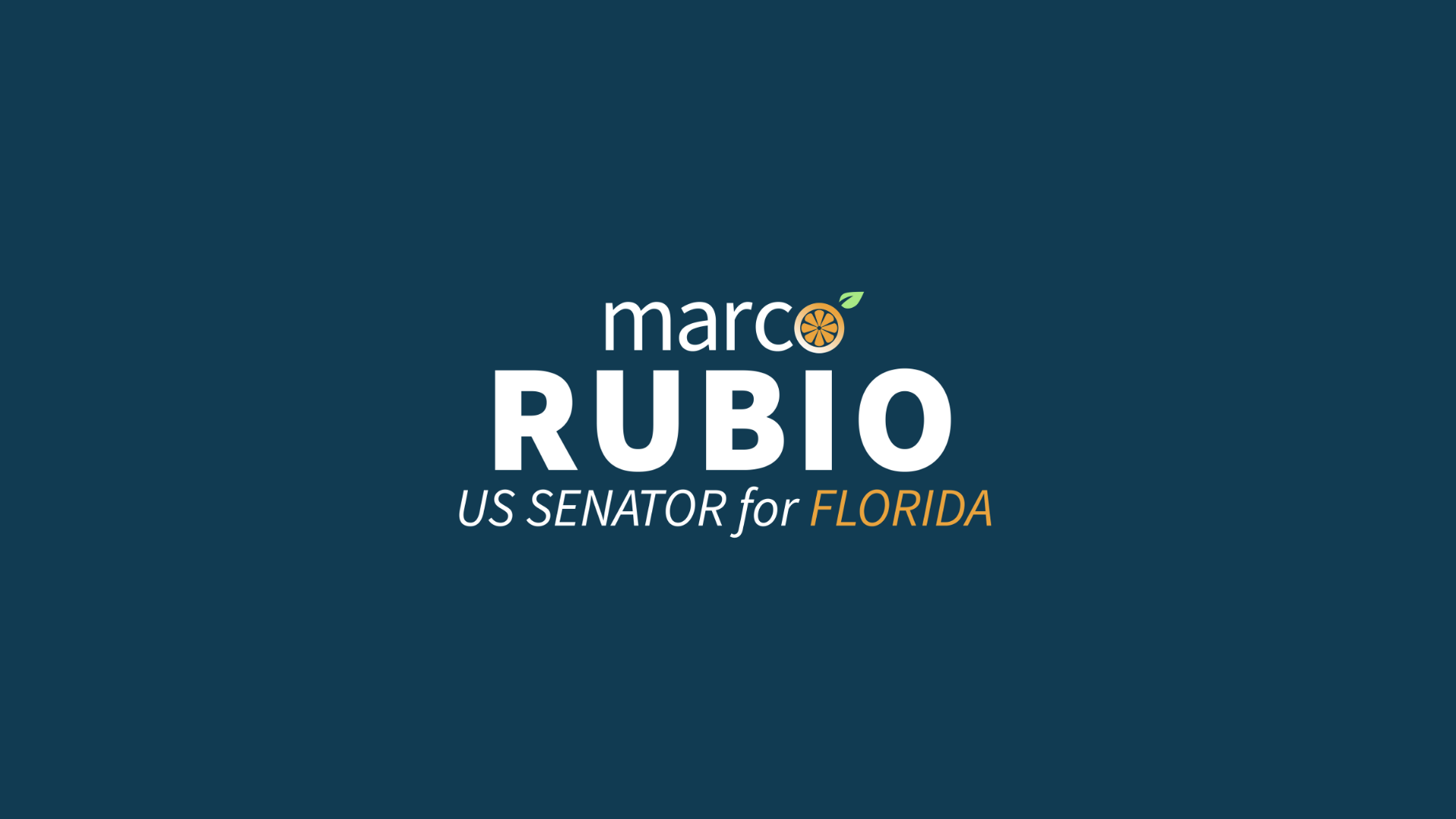Source: United States Senator for Florida Marco Rubio
If you are a Floridian and need Senator Rubio’s help with a federal agency, please fill out a casework request form here. For information on COVID-19, click here.
Washington, D.C. — U.S. Senators Marco Rubio (R-FL) and Chris Coons (D-DE) reintroduced the Research Advancing to Market Production (RAMP) for Innovators Act, which would improve small businesses’ ability to commercialize in the U.S. Small Business Administration’s (SBA) Small Business Innovation Research (SBIR) and Small Business Technology Transfer (STTR) programs. The RAMP for Innovators Act, which Rubio and Coons first introduced in July 2019, would expand access to research and development awards with preference to small firms with high growth potential, improve technical and business assistance, assess small business commercialization impact, and assist firms with the intellectual property protection process. U.S. Representatives Chrissy Houlahan (D-PA) and Troy Balderson (R-OH) introduced companion legislation in the U.S. House of Representatives.
“The pandemic highlighted America’s supply chain vulnerabilities and our overreliance on countries like China,” Rubio said. “It is more important than ever that we harness the strength and ingenuity of small businesses across the country to scale up our domestic manufacturing and innovation. This legislation would help startups and other small business innovators access federal research and development dollars, protect their intellectual property, and commercialize.”
“Small businesses are America’s engine of innovation, and with support in bringing their ideas to market, these startups can drive job growth and strengthen our economic security,” Coons said. “Helping startups access financial support and business advice means that they can focus on turning promising technology into innovative products that increase the prosperity and security of our nation. I’m proud to partner again with Senator Rubio to help innovative small manufacturers bring their technologies to the market.”
Specifically, the Research Advancing to Market Production (RAMP) for Innovators Act would:
“The pandemic highlighted America’s supply chain vulnerabilities and our overreliance on countries like China,” Rubio said. “It is more important than ever that we harness the strength and ingenuity of small businesses across the country to scale up our domestic manufacturing and innovation. This legislation would help startups and other small business innovators access federal research and development dollars, protect their intellectual property, and commercialize.”
“Small businesses are America’s engine of innovation, and with support in bringing their ideas to market, these startups can drive job growth and strengthen our economic security,” Coons said. “Helping startups access financial support and business advice means that they can focus on turning promising technology into innovative products that increase the prosperity and security of our nation. I’m proud to partner again with Senator Rubio to help innovative small manufacturers bring their technologies to the market.”
Specifically, the Research Advancing to Market Production (RAMP) for Innovators Act would:
- Improves the timeliness of SBIR/STTR decision proposals, prioritizes firms with a likelihood of commercialization, and expands Direct to Phase II flexibility;
- Requires the SBA to coordinate all agencies to develop a commercialization impact assessment;
- Directs the SBA Administrator to coordinate with the United States Patent and Trade Office to allow some SBIR recipients priority and fee waivers with the OneTrack patent program, and
- Creates a designated technology commercialization official at each participating agency to provide assistance to awardees in commercializing and transitioning technologies, and report to the SBA actions taken to simplify, standardize, and expedite the process.
